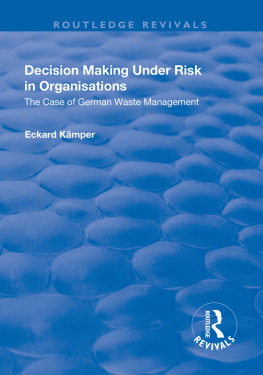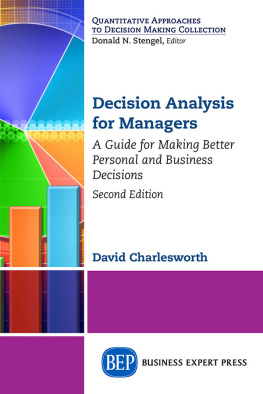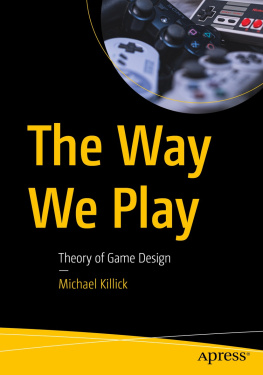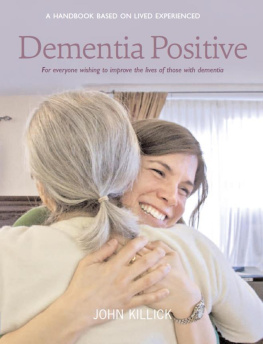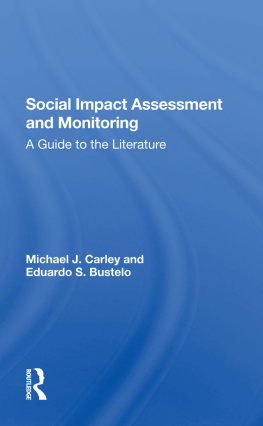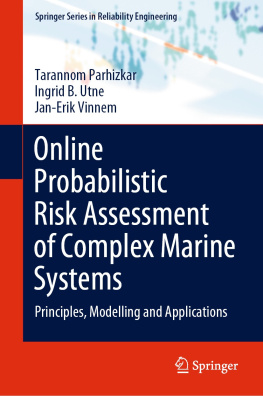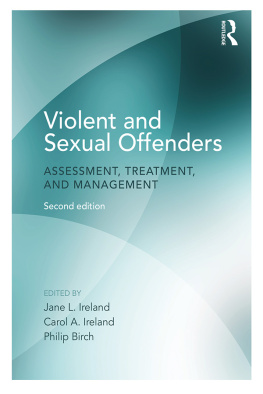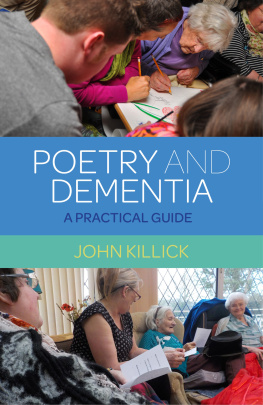Assessment, Risk & Decision Making in Social Work
Assessment, Risk & Decision Making in Social Work
An Introduction
- Campbell Killick
- Brian J. Taylor
Learning Matters
A SAGE Publishing Company
1 Olivers Yard
55 City Road
London EC1Y 1SP
SAGE Publications Inc.
2455 Teller Road
Thousand Oaks, California 91320
SAGE Publications India Pvt Ltd
B 1/I 1 Mohan Cooperative Industrial Area
Mathura Road
New Delhi 110 044
SAGE Publications Asia-Pacific Pte Ltd
3 Church Street
#10-04 Samsung Hub
Singapore 049483
Killick & Taylor, 2020
Apart from any fair dealing for the purposes of research or private study, or criticism or review, as permitted under the Copyright, Designs and Patents Act, 1988, this publication may be reproduced, stored or transmitted in any form, or by any means, only with the prior permission in writing of the publishers, or in the case of reprographic reproduction, in accordance with the terms of licences issued by the Copyright Licensing Agency. Enquiries concerning reproduction outside those terms should be sent to the publishers.
Crown Copyright material is published with the permission of the controller of HMSO.
Library of Congress Control Number: 2020930954
British Library Cataloguing in Publication Data
A catalogue record for this book is available from the British Library
ISBN 978-1-5297-0223-1
ISBN 978-1-5297-0222-4 (pbk)
Editor: Kate Keers/Catriona McMullen
Development editor: Sarah Turpie
Senior project editor: Chris Marke
Project management: Deer Park Productions
Marketing manager: Camille Richmond
Cover design: Wendy Scott
Typeset by: C&M Digitals (P) Ltd, Chennai, India
Printed in the UK
At SAGE we take sustainability seriously. Most of our products are printed in the UK using responsibly sourced papers and boards. When we print overseas we ensure sustainable papers are used as measured by the PREPS grading system. We undertake an annual audit to monitor our sustainability.

About the authors
Campbell Killickis Lecturer in Social Work at the University of Ulster. He teaches on undergraduate (qualifying) and post-graduate (post-qualifying) courses, including being Course Director for the postgraduate Research Methods Programme and the MSc in Development and Co-Production of Social Care Research designed for service users and carers. Prior to joining the University, Campbell held the role of Research Officer: Social Work at one of the Health and Social Care Trusts in Northern Ireland. His social work experience includes working with people with disability and mental health problems, and older people. Campbells PhD was on professional decision making in relation to the abuse of older people, and his research focuses particularly on adult safeguarding. He is an author on
Understanding and Using Research in Social Work and authored a chapter in
Working with Aggression and Risk in Social Work, both published by Sage.Brian Tayloris Professor of Social Work at Ulster University, Northern Ireland where he leads the research cluster on Decision, Assessment, Risk and Evidence Studies in Social Work and contributes to qualifying and post-qualifying social work education. He spent 12 years as a practitioner and manager in social work, residential child care, primary school teaching and youth work, and 15 years in social work training and organisation development in health and social care. This included three years as project manager implementing new childrens legislation. His doctorate was on risk and decision making in community care, and he had a lead role in developing the Northern Ireland Single Assessment Tool for the health and social care of older people. He is an author on
Understanding and Using Research in Social Work and editor of
Working with Aggression and Risk in Social Work, both published by Sage.
Acknowledgements
We are grateful to our clients, colleagues and students for all that we have learnt from them. In particular we would like to acknowledge the students on the Assessment and Risk Assessment in Practice Settings (undergraduate, qualifying) module, and the candidates on the Professional Decision Making in Social Work (post-graduate, post-qualifying) module for newly-qualified social workers. We would like to acknowledge the advice of Dr Roger Manktelow and Robyn Lennox with case study material. We are grateful to the staff at Sage for their encouragement and helpful advice. Last but not least, thanks to our families for their forbearance with this writing adventure.
Series editors preface
During recent teaching sessions for student social workers I have been struck keenly by the changes permeating our contemporary world. Values and ethics lie at the heart of social work, and social work education, and we address these throughout all the books in the series. The positions that we take in terms of values and ethics is, to an extent, determined by context, time and experience and these are expressed in different ways by students coming into social work education today. Since the turn of this century we have witnessed shifts and challenges as the marketised neoliberal landscape of politics, economy and social life may attract little comment or contest from some. We have observed the political machinery directing much of statutory social work towards a focus on individuals apart from their environment. However, we have also seen a new turn to the social in the #MeToo campaign where unquestioned entitlement to womens bodies and psychology is exposed and resisted. We have seen defiance of those perpetuating social injustices that see long-term migrants alongside todays migrants abused and shunned by society, institutions as well as individuals. It is likely that, as a student of social work, you will lay bare and face many previously unquestioned assumptions, which can be very perplexing and uncover needs for learning, support and understanding. This series of books acts as an aid as you make these steps. Each book stands in a long and international tradition of social work that promotes social justice and human rights, introducing you to the importance of sometimes new and difficult concepts, and inculcating the importance of close questioning of yourself as you make your journey towards becoming part of that tradition.
There are numerous contemporary challenges for the wider world, and for all four countries of the UK. These include political shifts to the popular Right, a growing antipathy to care and support, and dealing with lies and alternative truths in our daily lives. Alongside this is the need to address the impact of an increasingly ageing population with its attendant social care needs and working with the financial implications that such a changing demography brings. At the other end of the lifespan the need for high quality childcare, welfare and safeguarding services has been highlighted as society develops and responds to the changing complexion. As demand rises so do the costs and the unquestioned assumption that austerity measures are necessary continues to create tensions and restrictions in services, policies and expectations.







